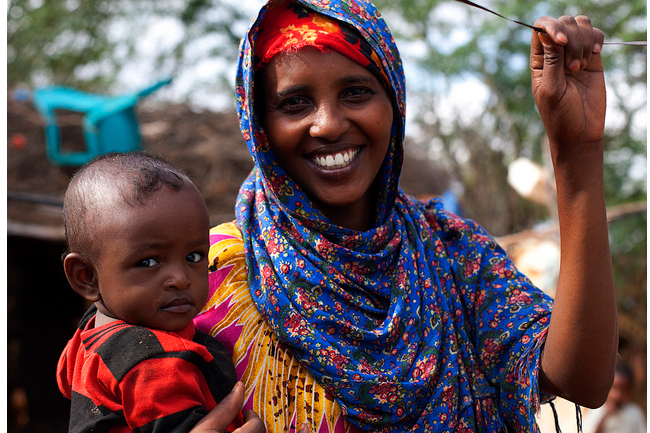In Washington, budgets can often be synonymous with battles, and this spring has been no exception. International assistance can often be a source of battles, though it represents less than 1% of the total budget. While each dollar is scrutinized, let’s be clear: there is no question that investing in women and girls is one of the smartest investments that we can make.
The evidence shows that family planning is a powerful and cost-effective solution to achieving progress on our foreign policy goals. It saves the lives of women and children, and puts families and communities on a healthier, more prosperous and sustainable path; furthermore, the math just makes sense. In fact, providing voluntary family planning to all women who want it would actually result in a net savings of $1.6 billion because of lower maternal and child health costs.

Fortunately, I was thrilled to see that in his new budget proposal, for the first time ever, the President shows the overall spending on the health and rights of women and girls across all agencies. For 10 years, many of us have been pushing for this transparency to try to get a clearer sense of what the Administration is doing for women and girls globally. The current proposal includes a 14% increase in gender-related programming, from $1.68 billion to $1.9 billion, sending a clear signal that women and girls continue to be a key priority for President Obama and Secretary Kerry. The $1.9 billion includes increases for the United Nations Population Fund and bilateral reproductive health programs.
So what do all these numbers mean? Girls can stay in school and delay childbearing, women can be empowered and pursue careers, fewer women and children will die or be severely disabled as a result of childbirth, and fewer families and communities will live in poverty.
I have seen firsthand the critical importance of these much-needed investments throughout my travels. I vividly remember last year in Brazil where I saw the transformative power of investments in adolescent girls in an urban center in the favela, which allowed girls to delay pregnancy and stay in school, setting them on a promising path for the futures. Women want, and need, access to voluntary family planning so that they have the power to determine their own future. Giving a woman access to contraception is not only an investment in one woman — it’s an investment in her family, her community and our world.
Investing in women and girls is not only the right thing to do – it’s the smart thing to do. As the budget battle continues, let’s make the President’s proposals a reality, and ensure that the United States remains a champion for women and girls around the world.



 View All Blog Posts
View All Blog Posts